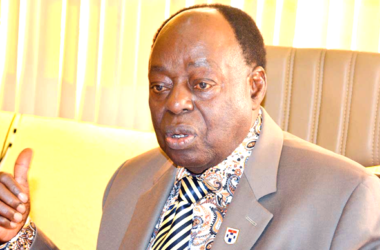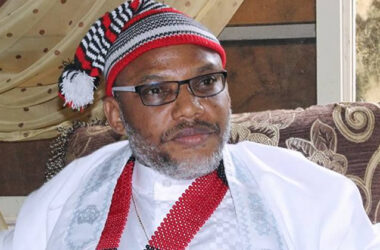Over the past five days, Nigeria has been engulfed in turmoil as protests against economic hardship and poor governance have intensified. This unrest has significantly impacted the nation’s economy, leading to severe disruptions and financial losses.
Protests, which began as demonstrations against hunger and economic mismanagement, have quickly escalated into violent confrontations. Security alerts have been issued across several states, particularly in the North West. In cities like Kaduna, Plateau, and Bauchi, property damage and shop looting have become rampant as some protesters have turned to violence.
Reports indicate that rioters in Abuja and other northern areas have been seen waving Russian flags. The Russian Embassy has denied any involvement, but the Chief of Defence Staff, General Christopher Musa, has labeled the flag display as treasonous, promising a strong response.
In response to the escalating violence, authorities in Bauchi, Kaduna, and Plateau have imposed 24-hour curfews. Earlier, states such as Borno, Kano, Katsina, Jigawa, and Zamfara had also enacted curfews to control the unrest. These measures have further strained Nigeria’s struggling economy.
According to the Association of Small Business Owners of Nigeria (ASBON), the recent disruptions have cost the economy approximately N600 billion over the past five days. The Centre for the Promotion of Private Enterprise (CPPE) has warned that daily losses could reach N400 billion due to ongoing protests.
Investor confidence has plummeted, with the Nigerian Stock Exchange experiencing a N92 billion drop in value. Additionally, there has been a significant sell-off in Nigeria Eurobonds amid growing uncertainty.
In Abuja, businesses are operating with reduced activity. Markets like Wuse, Banex Plaza, and Dutse Market report low patronage due to fears of unrest. Banks are open but with limited services, and fuel shortages have created long queues at filling stations in Abuja, Niger, and Nasarawa.
Financial analysts suggest that the federal and state governments need to engage directly with protesters to address their concerns. Gbolade Idakolo, CEO of SD & D Capital Management, emphasized that the government’s promises must translate into real changes, such as reductions in food prices, to effectively address public grievances.










